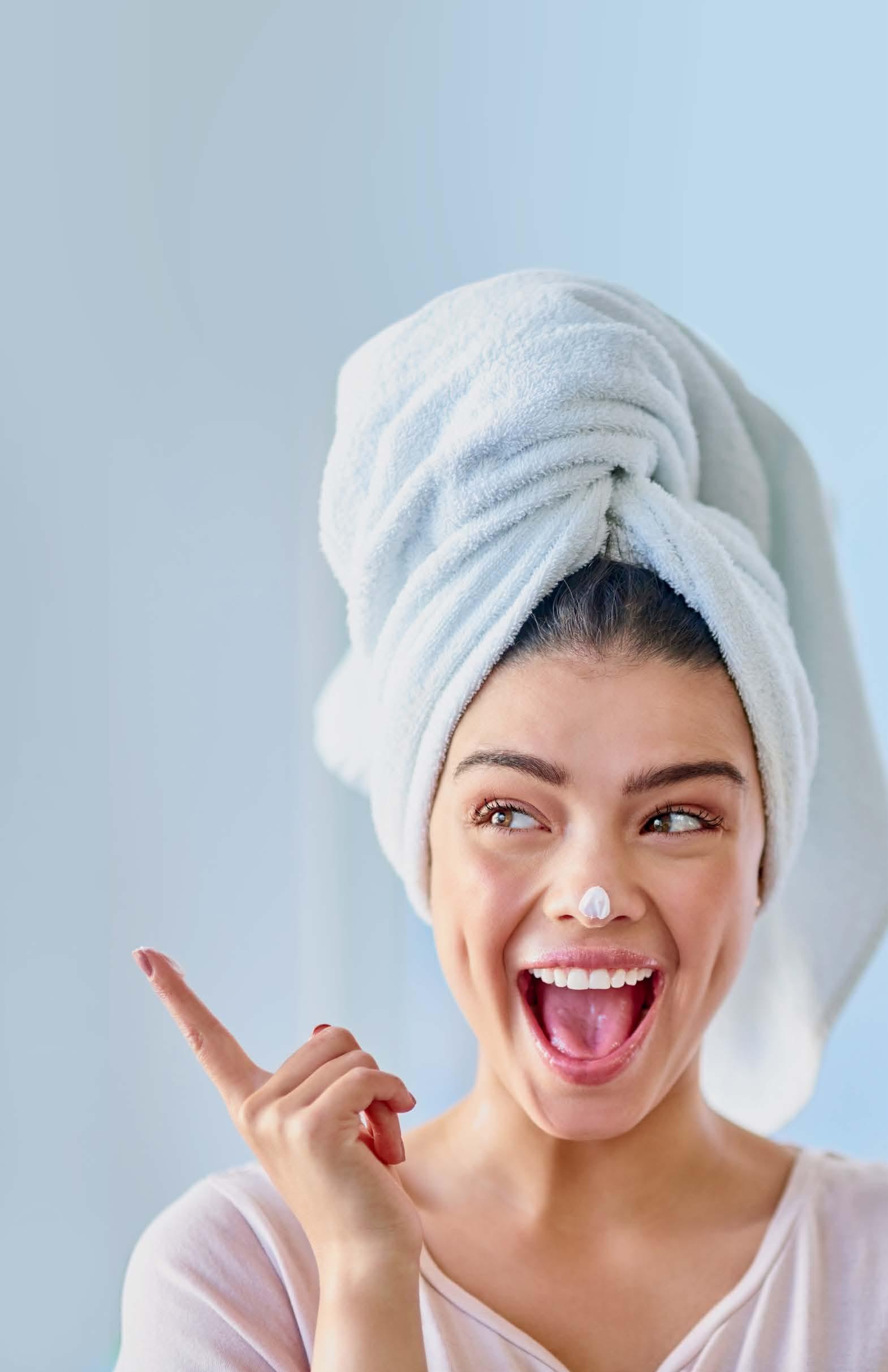
Your guide to staying healthy, happy, alive
MEDICATED SKINCARE
SKINCARE ADVICE
How to target different skincare needs
COMPLEX SKINCARE
How to treat different skincare concerns

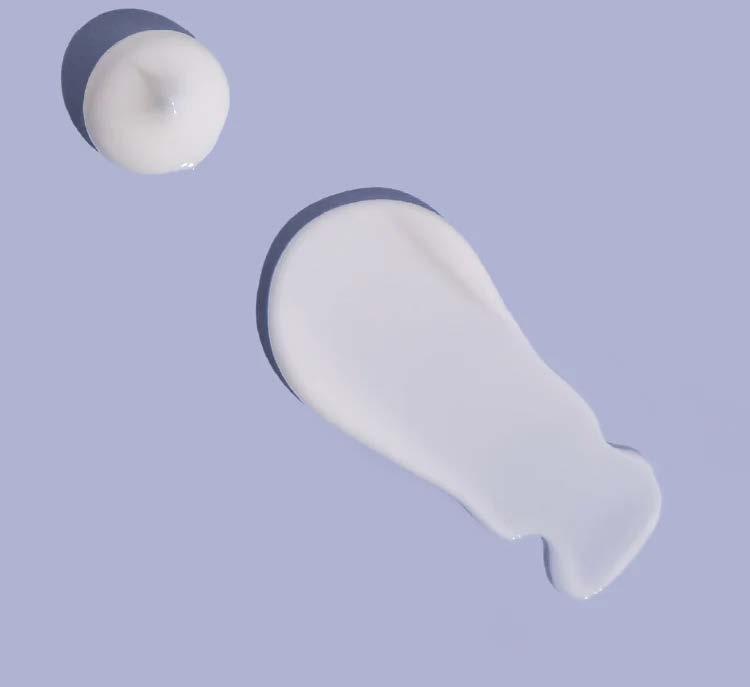


Your guide to staying healthy, happy, alive
SKINCARE ADVICE
How to target different skincare needs
COMPLEX SKINCARE
How to treat different skincare concerns


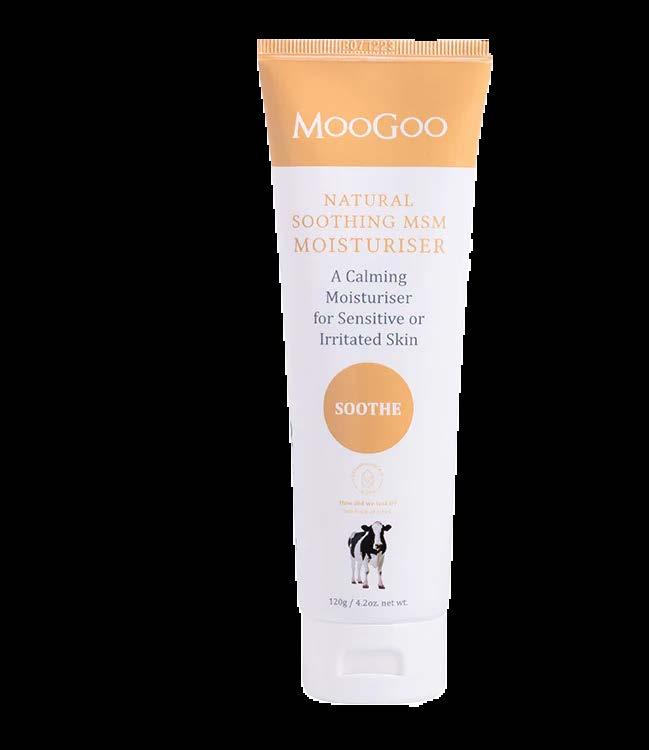
As we head into winter, we’re expanding the healthcare services available through our pharmacies across more store locations – making it easier for you to access essential care, close to home. Prescribing Pharmacists are now available at Willows (Townsville), Smithfield Doctors, Innisfail, and DFO Cairns. If you’d like to book an appointment, simply speak to your pharmacist in-store. Even if your local pharmacy doesn’t have a Prescribing Pharmacist on site, we’ll do our best to accommodate your needs.
Another key focus this month is free flu vaccinations. Getting vaccinated early gives your body time to build immunity before the flu season peaks. It’s a simple, effective way to protect yourself and those around you. Flu vaccines are free for all Queensland residents aged 6 months and over. Book online to make it quick and easy www.alivepharmacy.com.au
In this month’s Live+ catalogue, we’re exploring different types of skincare. If you’re dealing with concerns like acne or rosacea, our Pharmacists can recommend medicated skincare tailored to your needs. These products often contain stronger active ingredients and deliver targeted, evidence-based results. With the right advice, you can feel confident in your skincare choices. Some of our most trusted options include La Roche-Posay, Benzac, and SolarCareB3.
Take a moment to check in on your health this month. We’re here to support you—with care that goes well beyond the prescription counter.
Managing Director

Medicated skincare products can work miracles on the skin - especially when treating severe conditions like cystic acne or psoriasis. However some people choose nonmedicated skincare because they may need gentler ingredients or experience sensitive skin. It’s always recommended to patch-test new skincare products and consult a pharmacist for more serious skincare concerns.
For people with sensitive skin a simple routine can include:
1. Cleanser (morning and night)
2. Toner (optional)
3. Serum (morning and night)
4. Moisturiser (morning and night)
5. Sunscreen (morning)

WHAT’S THE DIFFERENCE BETWEEN A TONER AND MOISTURISER?
Think of a toner as a prep step and moisturiser as the final sealing step. Toner prepares the skin after cleansing by removing leftover dirt, balancing pH, and refreshing the skin. Moisturiser creates a barrier to prevent water loss and keeps skin soft and hydrated. Moisturising is essential for sensitive or dry skin as it strengthens the skins barrier and reduces inflammation.
Choosing between medicated and non-medicated skincare depends on your skin’s needs and sensitivity. Medicated skincare targets specific skin conditions like acne, rosacea, eczema, psoriasis, or hyperpigmentation. On the other hand, non-medicated skincare helps sensitive or reactive skin concerns.
Non medicated product recommendation:
MooGoo Skin Care
All MooGoo Skin Care products are designed to care for the skin and scalp using high quality, natural and edible ingredients. Free of Paraffin, Parabens & Phenoxyethanol. MooGoo Skin Care is proudly 100% Australian made and family owned.
Their goal is to make something that works. Not everything they make will work for everyone (because everyone has different needs), and there is no such thing as a miracle cure. But they do the research and their ingredient philosophy is simple: To make effective products using healthy ingredients, that people are comfortable using on ourselves and our loved ones.
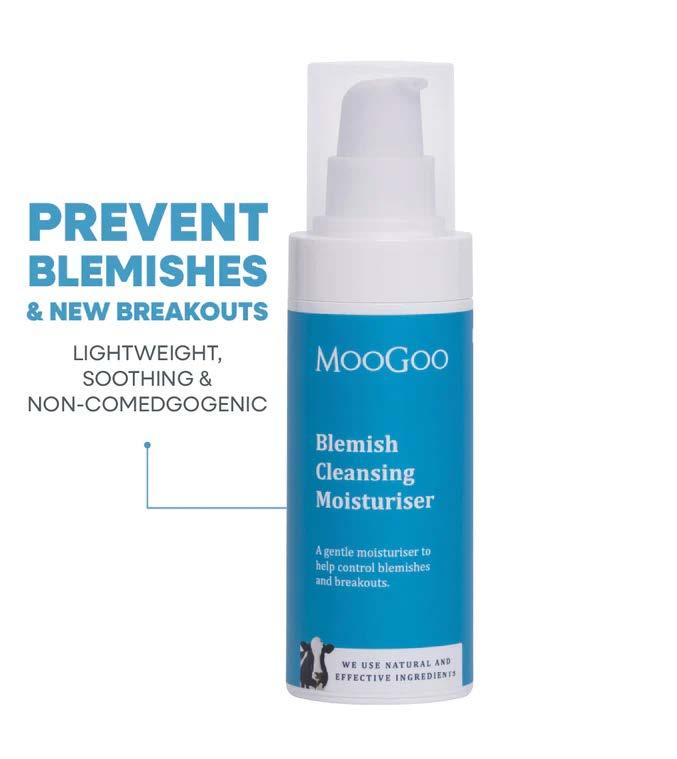


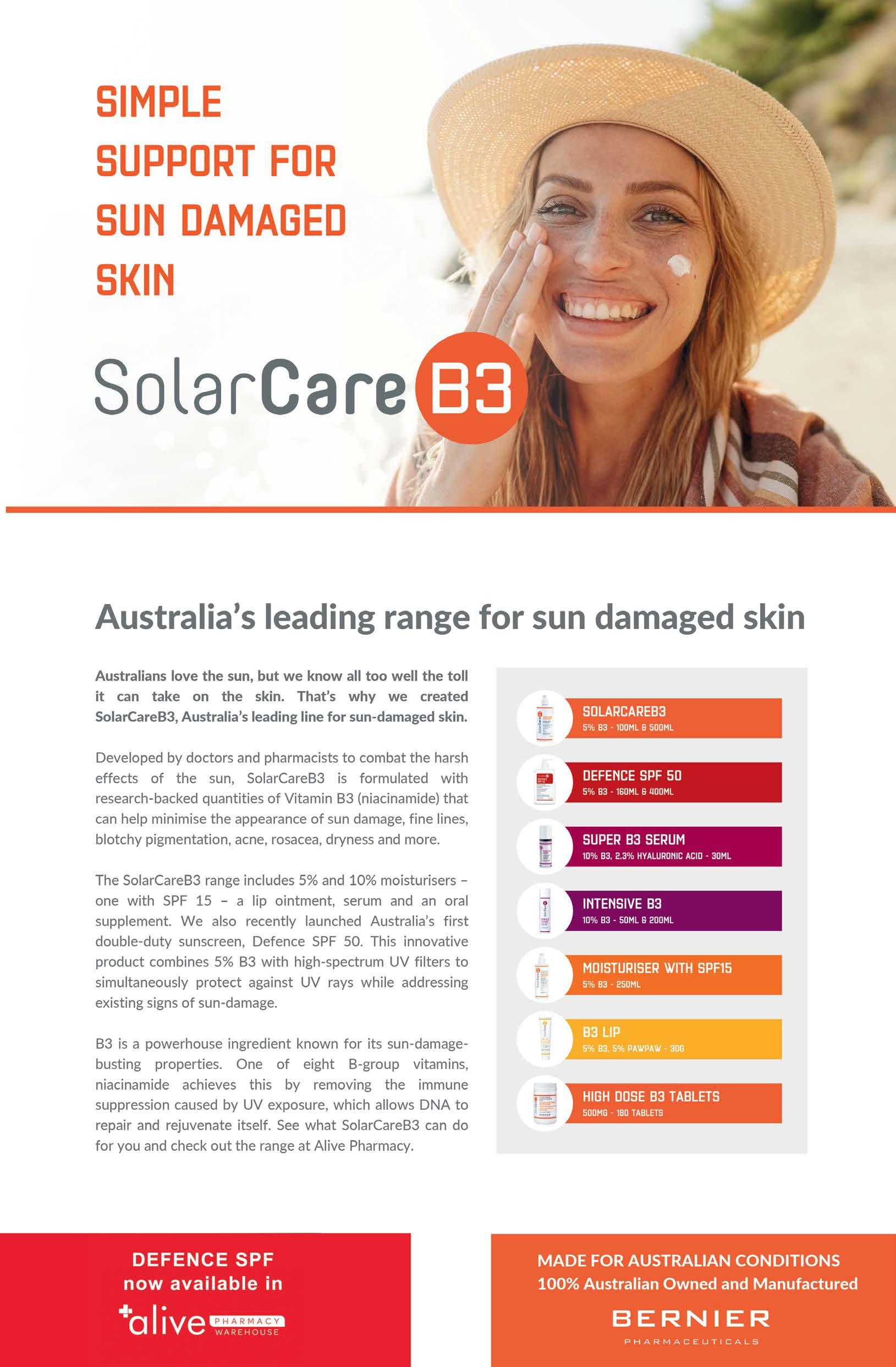

Pelvic floor exercises, also known as Kegel exercises, are simple yet powerful movements that can improve both your physical health and overall wellbeing.
These exercises target the muscles that support the bladder, bowel, and uterus, forming the pelvic floor. These exercises are especially helpful during and after pregnancy.
A strong pelvic floor is essential for bladder and bowel control, as it helps prevent incontinence and supports proper organ function. Pelvic floor exercises also improve sexual health by increasing sensation and arousal, offering greater pelvic awareness and control.
For women who have given birth, pelvic floor exercises can be particularly beneficial. Pregnancy and childbirth often stretch and weaken these muscles, leading to discomfort or incontinence. Regular practice of pelvic floor exercises can help restore muscle tone and support recovery.
Pelvic floor exercises should be done several times a day. You can be standing, sitting or lying down. You can even do them while watching TV or waiting at traffic lights.
1 Relax all your pelvic floor (including the muscles around the bottom) and your tummy (abdominal) muscles.
2 Gently lift your pelvic floor muscles up and hold while you continue to breathe normally. Keep your upper abdominal muscles relaxed. Try to hold the contraction for up to 10 seconds (while breathing). Then relax your muscles slowly.
3 Repeat the exercise up to 10 times. Rest and completely relax your pelvic floor muscles for 10–20 seconds between each set.
Remember to breath and focus on pulling up and holding onto urine and wind. Do not try too hard as this can contract nearby muscles instead of just the pelvic floor muscles. Try changing positions if you can’t feel the pelvic floor muscles lifting and squeezing.
For new mothers, postpartum incontinence is common, and bladder leakage can be uncomfortable.
PRODUCT RECOMMENDATION

Always read the label and follow the direction of use. Talk to a medical professional when uncertain.















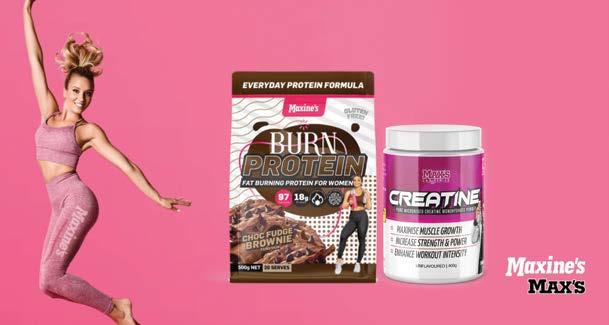





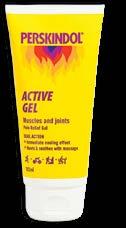
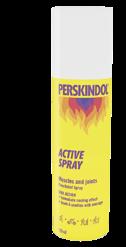

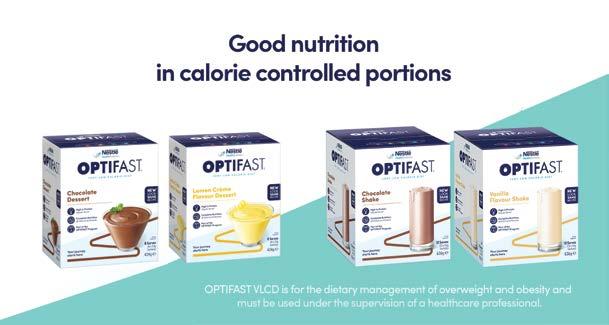

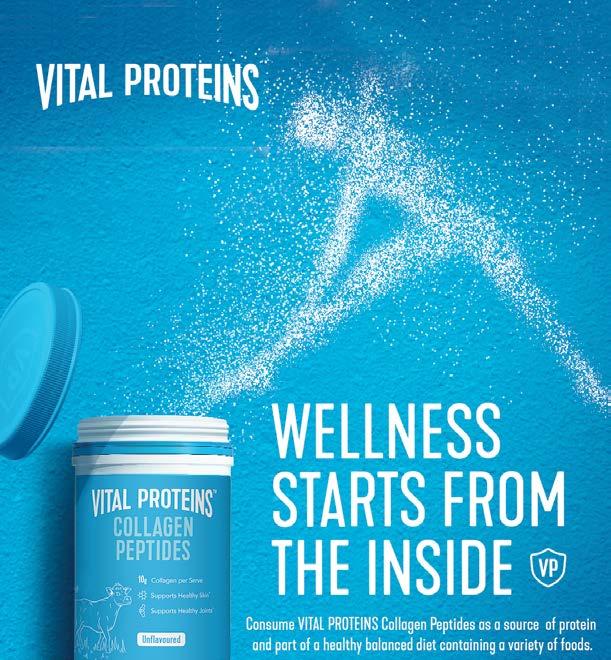
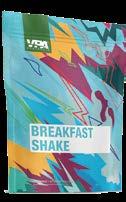

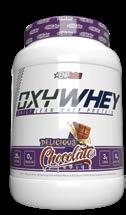




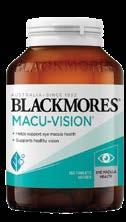











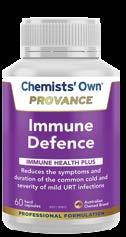








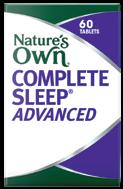





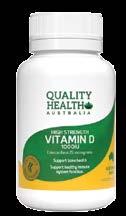


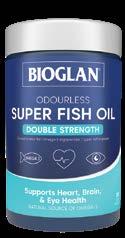










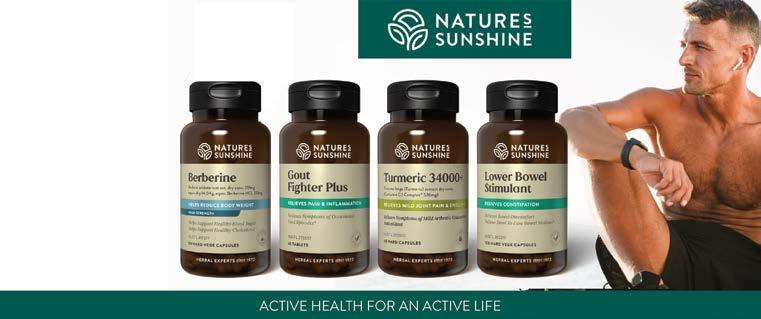
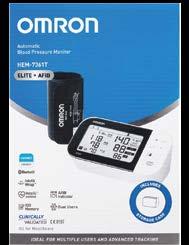




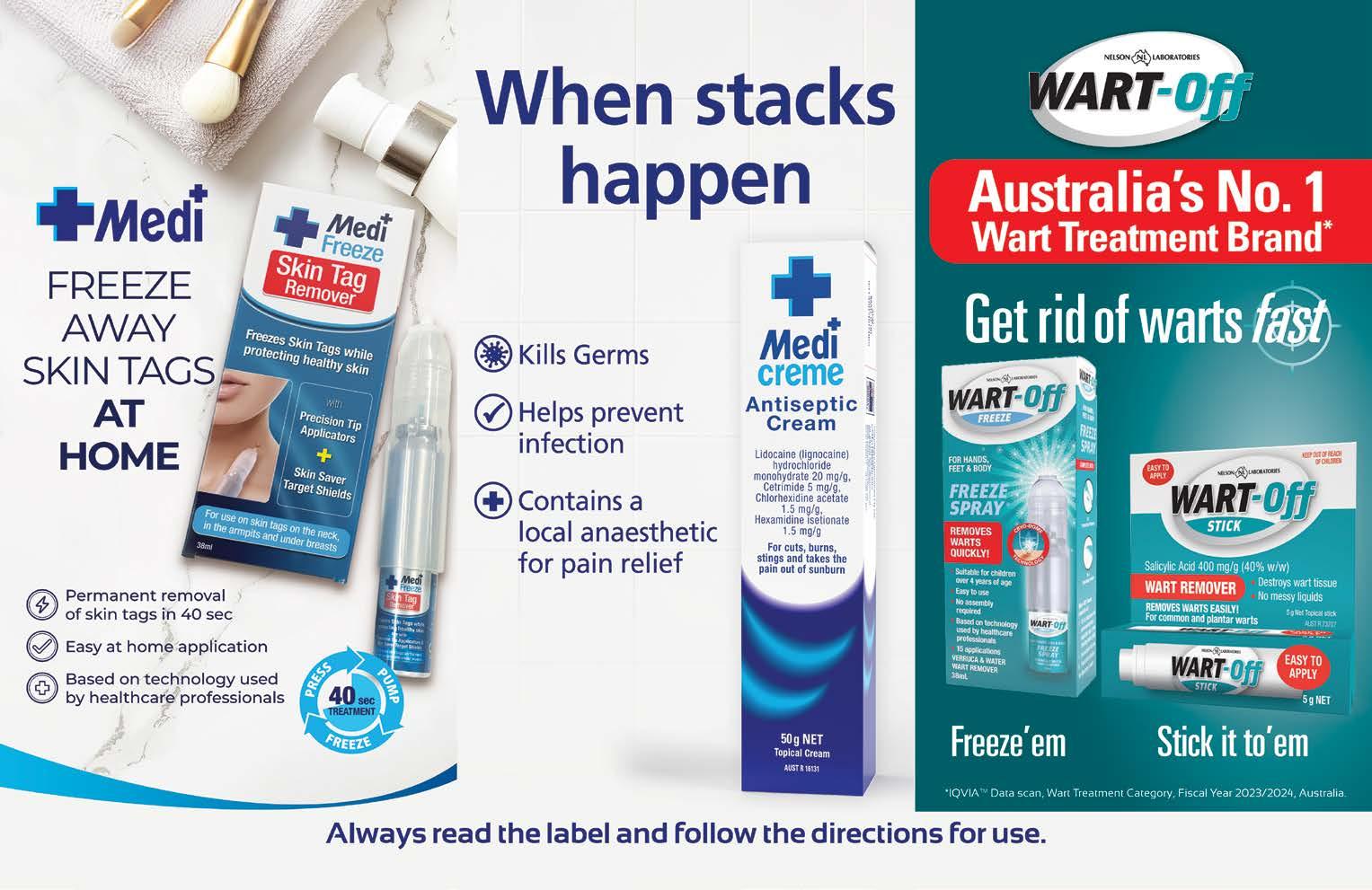
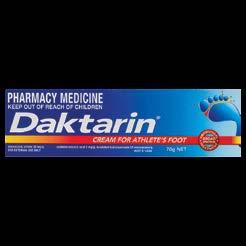











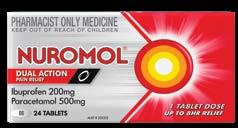





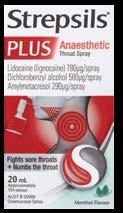

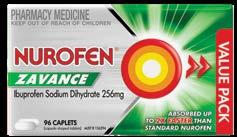







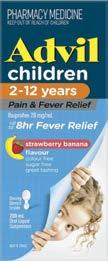
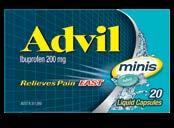
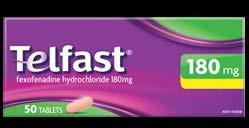



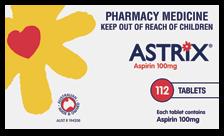



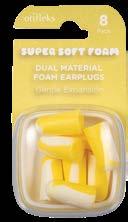












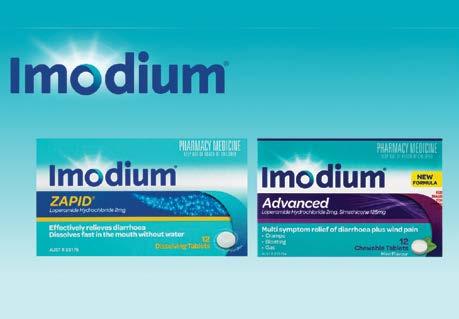

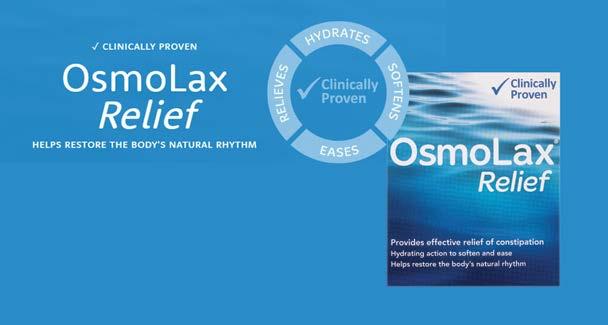




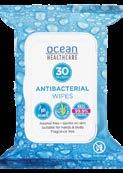
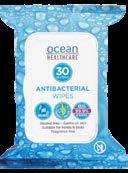


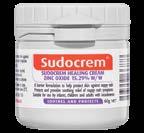




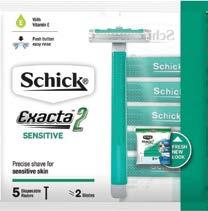





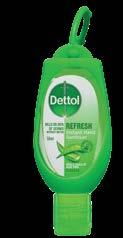
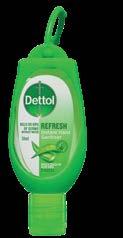

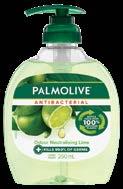












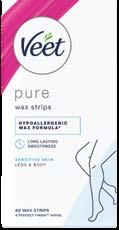








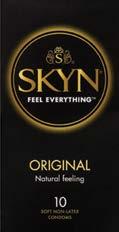






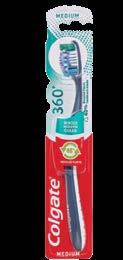


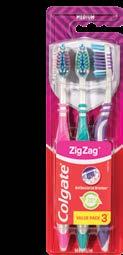
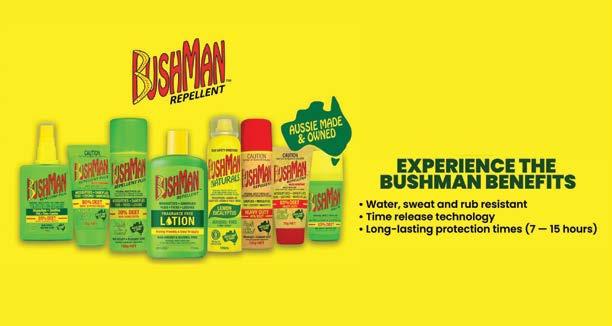


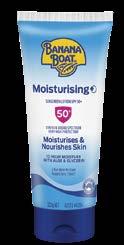
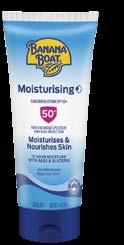




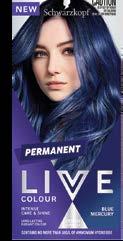







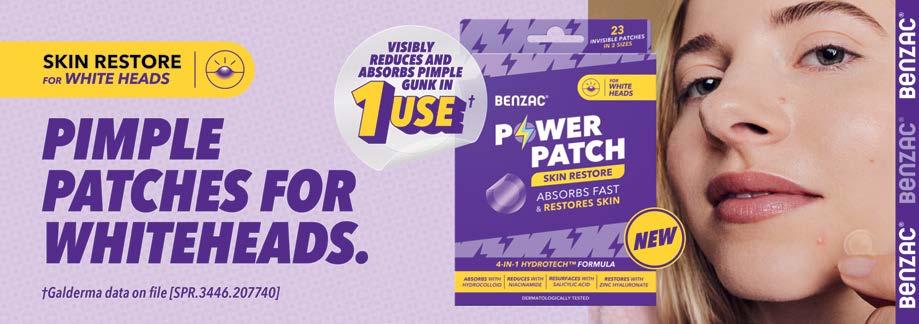
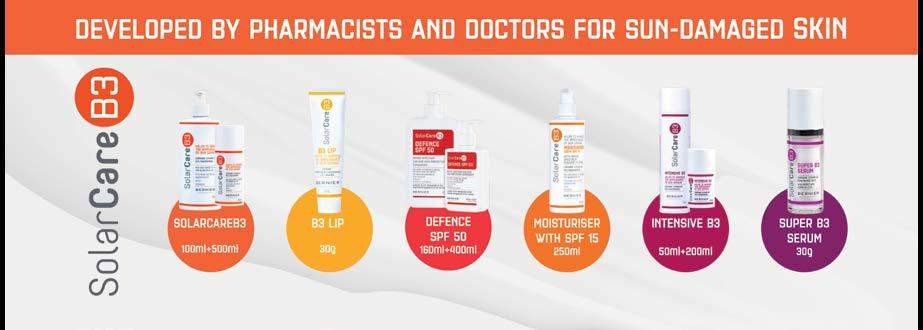
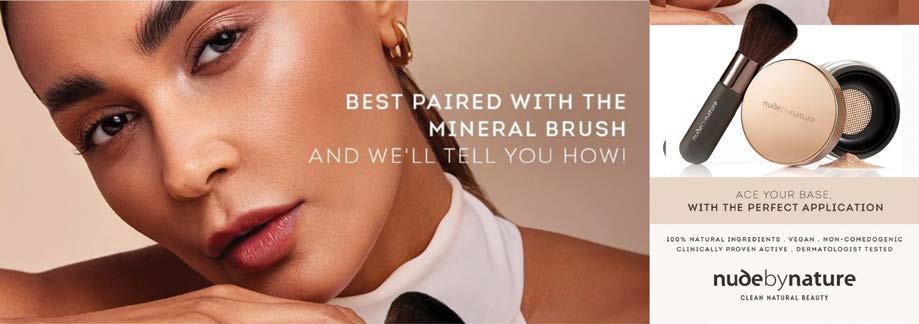
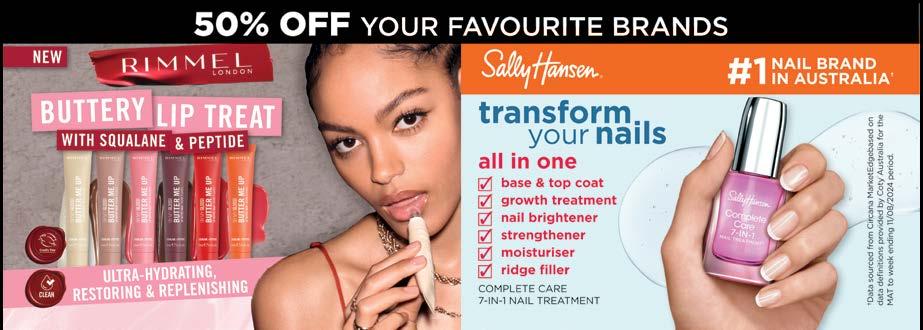
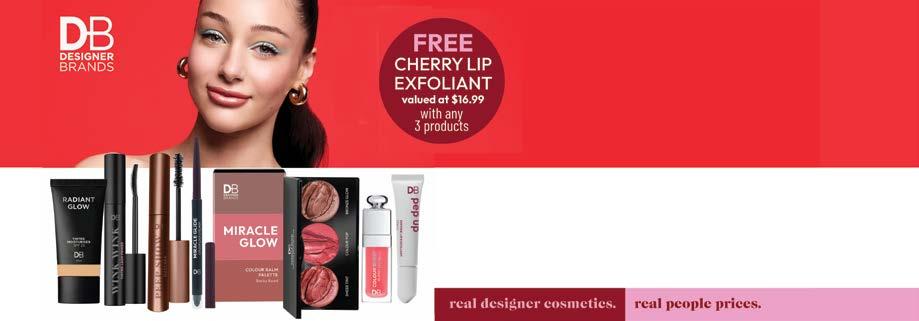
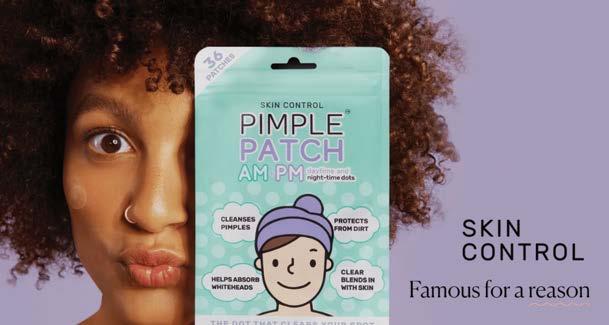
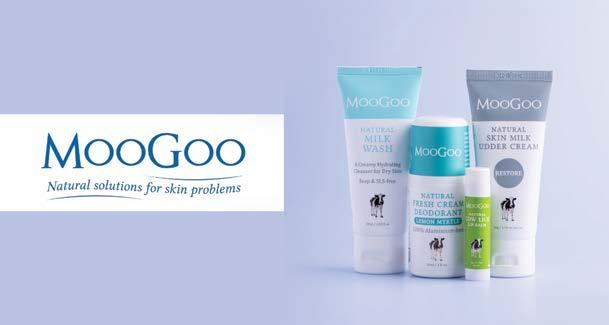
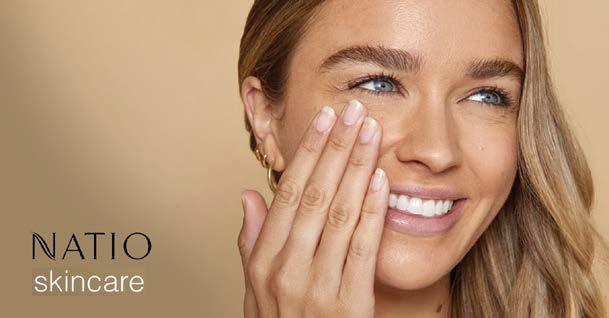

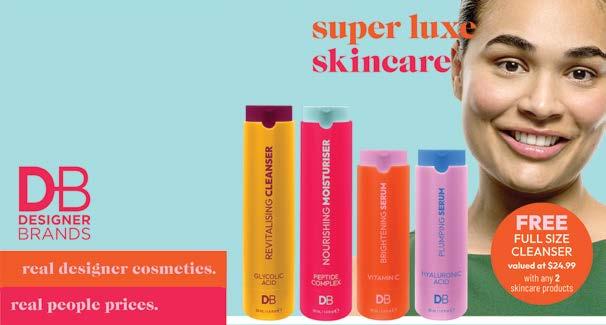

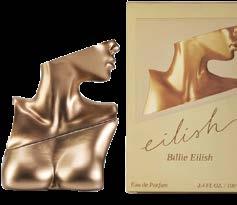
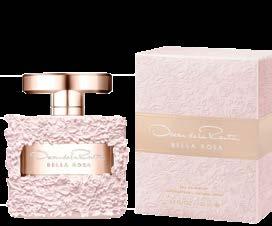






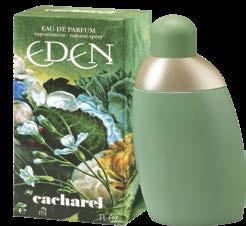
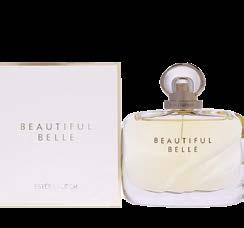






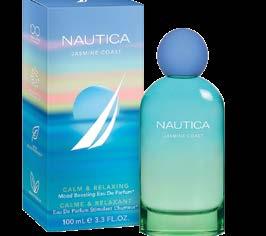




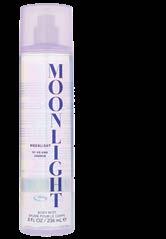















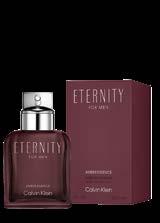




Eczema is characterised by itchy, red, dry, and inflamed patches of skin, often appearing on the face, hands, feet, and behind the knees. It can also lead to cracks, blisters, and scaly patches.
Managing eczema is all about trying to manage inflammation and prevent flare-ups. Remember to moisturise regularly with thick emollient creams or ointments, especially after showers. Trial prescription topical steroids under the guidance of pharmacists, and avoid triggers like harsh soaps, stress, or allergens, which can worsen symptoms.
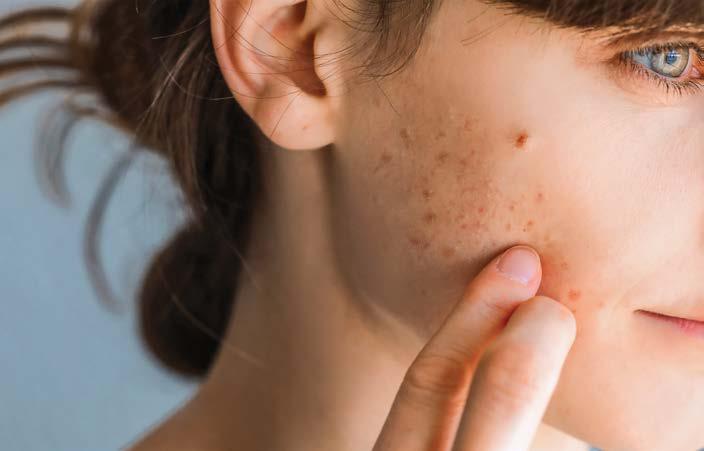
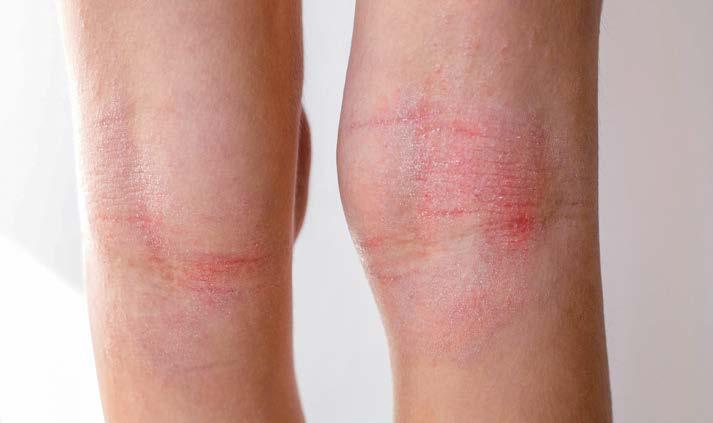
Fungal acne often presents as small, uniform, itchy pimples or pustules, typically on the forehead, chest, and back. Unlike regular acne, which is often associated with blackheads or cysts, fungal acne is caused by an overgrowth of yeast in the hair follicles, leading to inflammation.
Managing fungal acne requires treating the root cause, the yeast infection. Antifungal treatments, either topical or oral medications can be prescribed by a Prescribing Pharmacist. During infection, use gentle skincare products that don’t aggravate the condition, and avoid heavy, oily products that can exacerbate fungal overgrowth.
Rosacea is a chronic skin condition that causes redness, visible blood vessels, and sometimes pimples or pustules, typically on the face (particularly the cheeks, nose, and forehead). It can also lead to eye irritation in some cases. While it’s more common in fair-skinned individuals, anyone can develop rosacea.
Though rosacea cannot be completely cured, it can be managed effectively. Topical medications can help reduce inflammation. Choose gentle skincare products that are fragrance-free and formulated for sensitive skin.

Skincare is a journey of trial and error in pursuit of glowing, healthy skin. While some concerns may be temporary or minor, others are more persistent that can be tricky to diagnose and treat.
Here are seven complex skincare concerns and some ideas to help better understand our skins needs!

4
While many associate acne with adolescence, it can affect people of all ages. Acne vulgaris manifests as blackheads, whiteheads, pimples, cysts, and inflamed pustules, typically on the face, chest, and back. Hormonal changes, diet, stress, and genetics all play a role in its development.
There are several ways to manage acne including, topical treatments like benzoyl peroxide, salicylic acid, or retinoids to help clear pores and reduce inflammation. Oral medications such as antibiotics, birth control pills (for hormonal acne), or isotretinoin for severe cases. Discuss different options with a Prescribing Pharmacist.
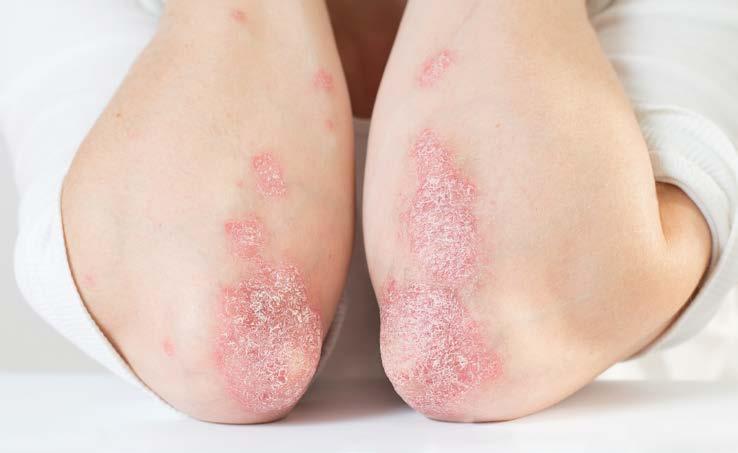
7
5
Contact dermatitis occurs when the skin reacts to something it has touched, such as a new soap, fragrance, or fabric. The skin becomes red, itchy, inflamed, and sometimes even blistered.
Managing contact dermatitis involves identifying and avoiding the offending substance. Topical treatments or antihistamines can relieve inflammation and itching, and cool compresses can help soothe the skin.
Psoriasis is an autoimmune condition that speeds up the skin cell turnover rate, leading to the buildup of thick, silvery scales on red patches of skin. It commonly affects the scalp, elbows, and knees, though it can appear anywhere on the body. The condition can also cause itching, burning, or soreness.
Managing psoriasis typically involves reducing inflammation and slowing down the rapid skin cell turnover. Regular moisturising can help prevent dryness and irritation, and there are topical treatment options or oral medication for severe cases. Talking to a specialist is always advised.
Hyperpigmentation refers to darkened patches of skin that appear after an injury, acne, or sun exposure. Conditions like melasma, sunspots, and post-inflammatory hyperpigmentation fall under this category. These spots can range from light brown to deep black in colour.
Hyperpigmentation can be managed with patience and the right treatment: Brightening ingredients like vitamin C, niacinamide, and alpha hydroxy acids (AHAs) can help fade dark spots over time. Sunscreen is critical, as exposure to the sun can make dark spots worse.
6

